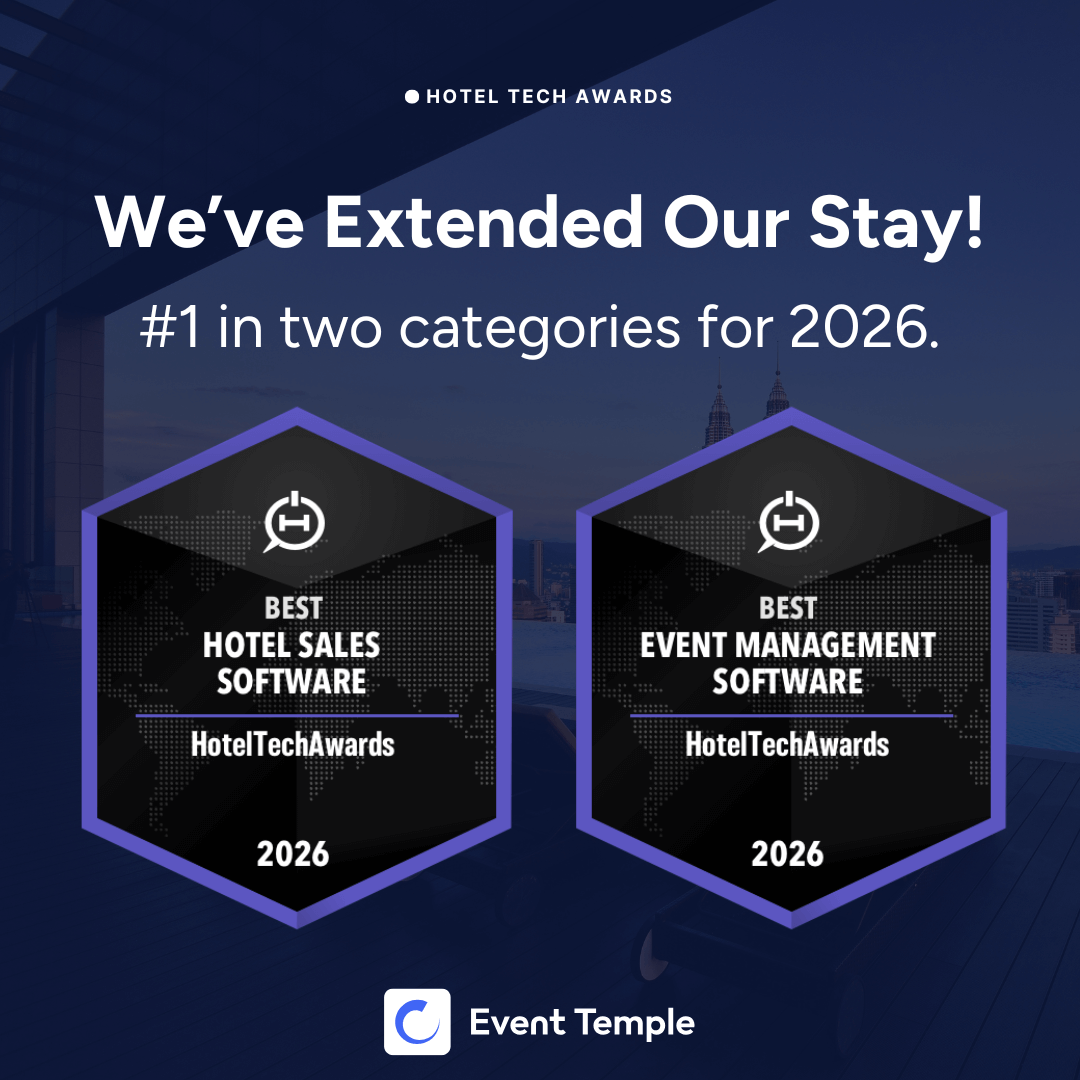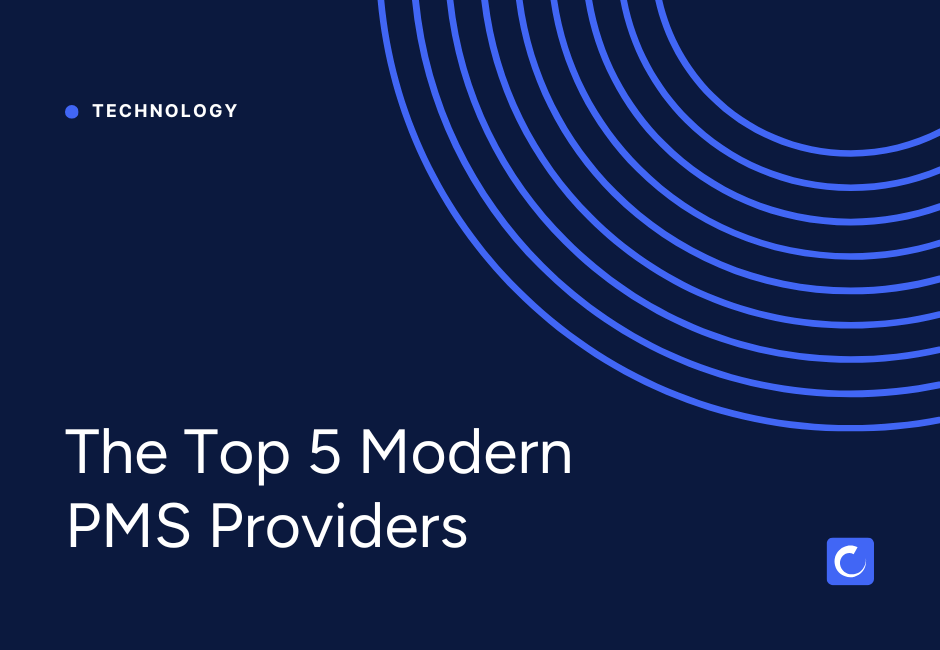
Nowadays, travelling decisions are completely in the customer’s hands. The hospitality industry has made leaps and bounds when it comes to accessibility over the last decade and consumers have so many options when it comes to booking hotels and accommodations. From independent boutique hotels to large chains, to AirBnbs, or hostel hybrids and more, to the booking medium like OTAs, direct, and meta searches. Consumers now book how they want to travel. But what unites all these different modes of accommodation? Their hotel marketing plan that drives exposure and visibility to the audience they are trying to reach.
Hard truth in hospitality? It is widely competitive. In light of all the different mediums in which to book and the types of accommodation available, it’s easy to get lost in the shuffle. Marketing teams across the industry are faced with the challenge of standing out against the competition with key metrics often tied to bookings. What makes a good hotel marketing plan and how can you make sure people find your hotel among the noise? We’ve compiled a list of 10 top tips to ensure a successful marketing plan to get in front of the right people and get them stoked about staying with you.
1 - Make yourself “searchable’
We’re in the age where everything is accessible literally at your fingertips. If you’re wanting to travel, you’re most likely going to use a computer, not call a travel agent. It starts with the preliminary comparative research like destinations, properties and general costs all without leaving the house. If your hotel doesn’t show up in these searches, then your bookings will reflect this. You need to be in the right channels at the right time in front of the right people.
Most travellers start by using a search engine like Google to start their trip planning. SEO is a huge initiative in a typical hotel marketing plan so use popular hotel keywords. Some keywords are highly competitive so it’s helpful to do a thorough search of keywords that average competition but high traffic to compliment your keyword strategy. With diminishing attention spans, it’s also important to ensure that your site loads quickly.
SEO is typically made up of multiple long-term initiatives so don’t solely focus on optimization alone. Another strategy is SERP, the search engine results page. These hotel-related searches are heavily monetized meaning that first things people see are paid ads. It’s pay to play. This requires aggressive bidding and high budget to be able to compete to be on Google’s search and display networks. If your hotel marketing plan can accommodate this budget, then by all means go for it. However, if you don’t have a high marketing budget to spend on ads, there are other ways to dig in - it just depends on what is currently working for your property. Big budget ads aren’t for everyone.
This leads us to our final point on SEO: don’t limit yourself to just one type of search engine, social platform or travel website. One hotel’s marketing plan that works great for them doesn’t necessarily mean it will work for yours. Use your website analytics and data to make decisions. See where your traffic and leads are coming from, generate hypotheses and test them. Double down on what works and note done failed experiments for future reference. A great place to also get data is from your CRM tool.
2 - Retarget, and then retarget some more
Remember when we touched upon attention span? Abandonment rates for booking accommodation online is 75%. This means that three quarters of the population start booking a hotel, and then get distracted and abandon the entire process. This is why retargeting is a critical part of a hotel marketing plan.
You know this well as a consumer. Maybe you were looking at some shoes online and then suddenly your ubereats notification pops up to let you know that your food is on your doorstep. You focus on your meal and abandon those shoes you were browsing. You log in later and see ads for those shoes, from that brand across different websites and you think: ah, the good ole’ retarget. You then proceed to purchase that pair because of that simple reminder from a retargeted ad. We’ve all experienced it before and we’ve all been subjected to its prowess. It works.
With retargeting, you’re targeting that whopping 75% of people and closing in on that gap. Make sure your display ads are engaging and entice previous visitors with a little extra incentive to book. Re-marketing campaigns can be done through google ads or facebook, depending on what channels your paid ads are on.

3 - Are you targeting the right audience?
The way you target a mid size chain hotel is going to be different from the way you target a 5 star resort. These respective audiences travel differently, book differently and have different traveling budgets. While this may seem like a no-brainer, knowing your audience and their purchasing behaviour is a key piece to a successful hotel marketing plan.
Start with your CRM, it has a wealth of data on your different customer segments and you can start building out personas. Even down to the type of room a specific audience likes, whether they prefer garden or city view, a larger room or a larger bed. Knowing these nuances will help you craft your different campaigns.
When developing your campaigns you may need to draft a few different ad copies catering to specific differences within these segments and test out what works best. This can all be configured in google ads, if that’s your chosen medium for example. Crafting the right message for the right people for the right time takes practice and testing so measure your results and use data to make informed decisions.
4 - Spend more when people are spending more
Managing a budget is a necessary aspect of your hotel marketing plan. Again, assessing your data will give you a forecast on when your busiest times of the year are. Chances are the other hotels in your segment and location also experience an uptick in traffic during those seasons so proportionately allocating more budget during these times to make yourself competitive is wise. In contrast, adjust your budget accordingly during slower times and get creative with your offerings to incentivise people to choose your property. Google and other ad platforms will help you do this. Just ensure to revise and update as you collect your data during the year.
Another thing to keep your eye on is ad scheduling. When do people normally book their vacations and trips? Maybe your hotel is frequented by business travellers who book on business days closer to the time they’d like to travel. Determine what type of travellers book at what time to run your ads at a high budget during these peak times for maximum exposure.
5 - Make customer success a part of the marketing journey
Most people think that the marketing journey ends once the customer has made a booking with your property but marketing extends during the stay and after. Making customer success a part of your hotel marketing plan helps you to drive more bookings in the future by repeat guests and customer referrals. Things like after-stay service, surveys, email check-ins all contribute to growing that community of happy guests. What’s more compelling than a happy customer raving about their stay on social media or to their friends? The influence of a 10/10 happy customer is invaluable compared to any ad you pay for.
6 - Promote local businesses through partnerships
Your hotel is situated near many local businesses and attractions. Take advantage of this by partnering with these local businesses, which in term help your property gain more exposure. This tip may be geared more towards smaller hotels or independent properties with more control over initiatives like this.
By offering special exclusive offers for these partnerships or contests, this will lead to affordable and effective marketing that doesn’t require too many resources that will increase brand awareness and lead to more bookings. The co-promotion makes it a win-win for both businesses and these exclusive offers (say complimentary beef flight at the local brewery)puts your property apart from the rest.
7 - Make your location work for you
We get the struggle: you have 2 weeks paid vacation in the year and you can’t let these go to waste. You spend weeks spec-ing out different cities and destinations and mapping out budgets and logistics and proposed itineraries to ensure not one detail is overlooked when making the precious decision of where to enjoy your time off this year.
As a hotel, marketing not just the hotel, but the location as well will help you lock in more bookings. People tend to book their flights first, then the accommodation. By helping to show what your city has to offer, you're next in line to be booked right after that flight.
Visitors want insight on the many happenings and attractions of your city. It’s important to mention your amenities and restaurants but knowing how close your hotel is to the city center or main points of interests or any seasonal attractions that may be upcoming is also a high priority in travellers. Make that easy and you’re one step closer to a booking. This takes a little research on our part and is easy, cheap and quick.
8 - 'Not-your-grand-dad’s' website
This one may be seemingly obvious but we’re going to reiterate: your website is the first impression a guest has of your property so ensure it is great. Things to consider:
- Clean and simple
- Loads quickly
- Easy navigation
- Easy to reach your property
- High resolution photos and videos
- Easy to book with
- Mobile compatible as well as desktop and tablet
Visit some of your own favourite properties to visit as inspiration and revamp your website if need be. The ROI may be instant.
9 - Reviews are important
With the influx of meta-search sites and online booking engines, positive reviews have become a high on the criteria list in potential guests and that means it’s become a critical part of a hotel marketing strategy. How a hotel deals with feedback, and manages complaints and reviews across the different channels all stem down from the original customer experience from their stay: from the moment they are exposed to your property, to the time of booking, to the moment the step in the lobby and from the car ride back to the hotel. If you go above and beyond to ensure a guest has the best experience, they are much more likely to forward that experience on and that may get in front of the eyes of your prospective clients. A happy customer testimonial, stellar reviews, word-of-mouth referrals and repeat visits isn’t marketing you can pay for.
World class service should become ingrained in your culture and code of conduct no matter what department. Click here and here to learn more about the customer standard.
What about dealing with negative reviews online? It’s important to treat a negative review as you would if this occurred in person: with empathy, rationality, and professionalism. Ensure you’re addressing the person directly and acknowledge their negative experience (but do not admit fault). Then let them know you will be taking it offline and contacting them directly as their feedback is a priority. Most importantly - do not divulge any details or blame in your post, keep it brief and ensure you do follow up with that guest in either an email or call to work it out. Do not air dirty laundry in an online comment section. Last tip: don’t respond with copy+paste sentiments; ensure you are treating that negative experience personally.
10 - Build a customer loyalty program that’s simple and easy
With millennials now becoming the generation that is traveling the most, one may think loyalty programs are out and that this generation is less loyal to brands like the preceding generations. However, it’s the way they make decisions and how much information is available to them that differentiates their purchasing behaviour. They are wary of traditional sales and marketing tactics of their parents' generation and are pickier with who they choose to do business with.
There are two main themes with what millennials want out of a loyalty program: easy of use, and discounts. If a loyalty program has too many rules, stipulations and hoops to jump through to earn anything, most will have stopped reading past the second sentence of the marketing material already. It needs to be as easy as: you visit, you earn X points. You refer a friend to visit? You earn X points. In terms of the rewards, millennials would much rather earn a discounted or free stay rather than add-ons like a room upgrade.
Keep these things in mind as the industry progresses because rewards programs aren’t as widely adopted as they were before.
This list of tips on how to improve your hotel marketing plan has a variety of tactics from short-term to long-term strategies. A great place to start is to break down your current plan and see what are the low hanging fruits you can pick off, what’s currently working for you that you can double down on, and what needs a whole face lift. From there you can start to plan, budget, and allocate resources for the different channel requirements. And always remember: if you try something new and it’s not working, measure the data and try a couple different angles before completely giving up. Marketing takes time for you to see results and they won’t show up overnight.



